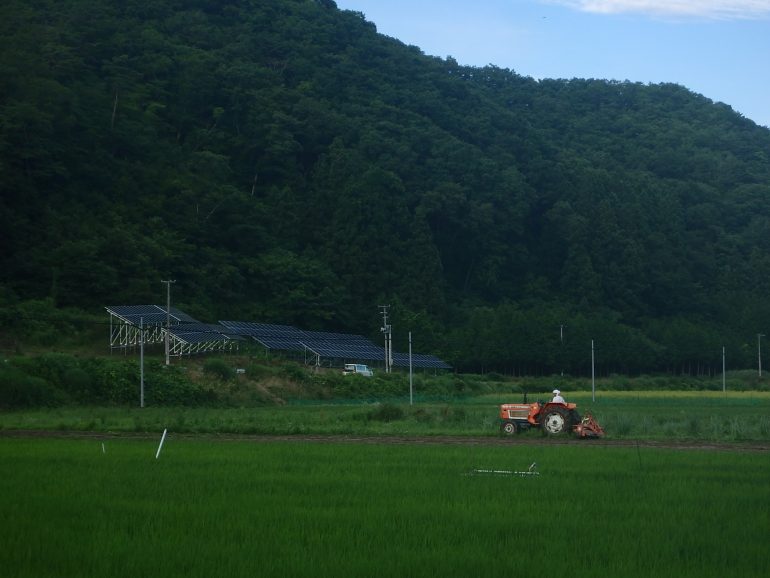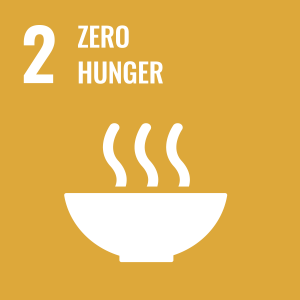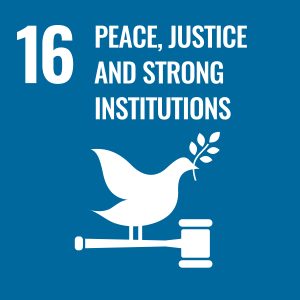UGEC2950 Environmental Crises and Cultures of Survival
Time
Lecture: Mondays 01:30 p.m. - 03:15 p.m.
Tutorial: Mondays 03:30 p.m. - 04:15 p.m. Mondays 04:30 p.m. - 05:15 p.m.
Instructor
Dr. TAM Man Kei
Course Description
This course pays attention to the environment and its relation with human experiences. Through the lens of environment, we bring human diversity into presence, examining ways of life of peoples—from Indonesia highlander to Tokyo urbanites—and their words and deeds to tackle crises of planetary scale—climate change, nuclear disaster, air pollution, waste, deforestation. Facing these crises, can anthropological inquiry of the environment help us to explore a humanity that can accommodate living beings of all kind? How can such inquiry inspire us to make changes that create a world we can live together?
We’ll follow these trails in the environment to look for engagement and conversation: cultural perception on the origin of agriculture, resource use and religious belief, debating traditional ecological knowledge, globalization and state intervention, environmental justice, land dispossession, waste and pollution, disaster and extreme environment. Through ethnographies of people who are struggling to survive, this course asks why they are pushed into poverty, how their resources being exploited, what they do to fight for justice; it covers SDGs related to the issues of sustainable agriculture (SDG2), tacking climate change (SDG13) and promoting peace, justice and institutional accountability (SDG16).
Learning Outcome
- Understand how humans have engaged the environment historically and cross-culturally.
- Examine the relationship between the environment, local communities and the state in the present world through issues including deforestation, climate change, and nuclear disaster.
- Explore contemporary environmental crises to cultivate sensitivity to possible forms of resistance and action from local and global perspectives.






